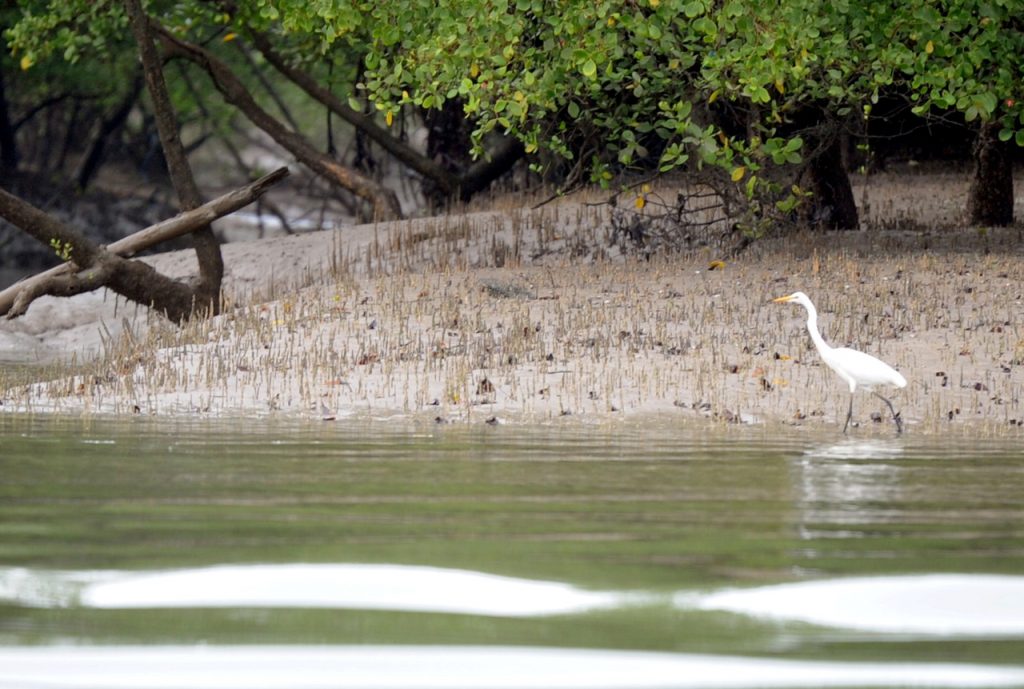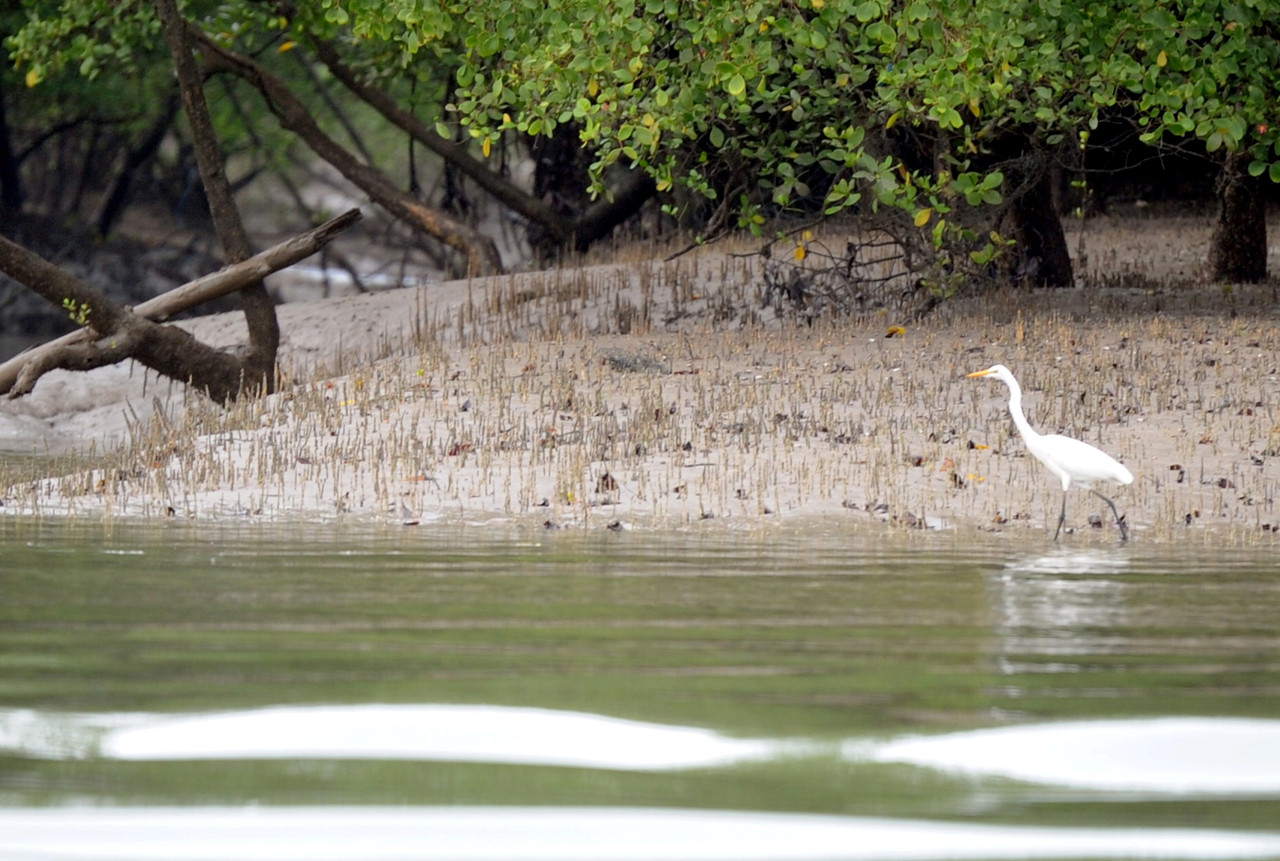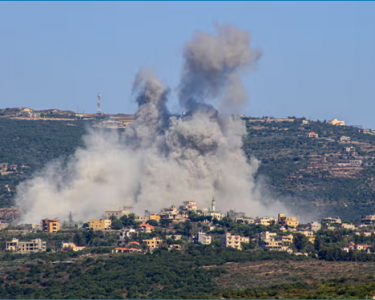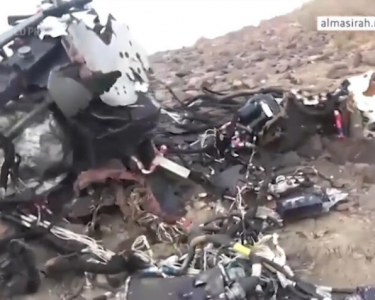
KUALA LUMPUR, March 28 (NNN-BERNAMA) — The government will no longer consider approval for Environment Impact Assessment (EIA) on all Ramsar sites to ensure the sustainability of these wetlands, Malaysia’s parliament was informed today.
Speaking at the Dewan Rakyat, Energy, Science, Technology, Environment and Climate Change Minister Yeo Bee Yin said the government made the decision, in principle, in the process of considering improvements to the order for an EIA.
She was replying to a supplementary question during the Ministers’ Question Time from Wong Shu Qi (DAP-Kluang) who had wanted to know whether the government will approve development on the Ramsar site of Sungai Pulai in Johor as was done by the previous Barisan Nasional (BN) government.
A Ramsar site is a wetland site designated to be of international importance under the Ramsar Convention. The Convention on Wetlands, known as the Ramsar Convention, is an intergovernmental environmental treaty established in 1971 by Unesco that came into force in 1975.
Yeo said Malaysia has seven Ramsar sites, namely Tasik Bera (Pahang); Tanjung Piai, Pulau Kukup and Sungai Pulai (Johor); Kuching Wetlands National Park (Sarawak), and Segama Wetlands and Kota Kinabalu Wetlands (Sabah).
Yeo also said that 38 development activities require EIA and the approval of the Department of Environment before the start of a project, and these include construction of transmission lines, tunnels and bridges and man-made lakes, and coastal reclamation in environmentally-sensitive areas.
“In this regard, development activities in environmentally-sensitive areas are controlled through not only enforcement and monitoring but also the approach of preventive planning and via the EIA process,” she said when replying to the original question from Wong on the ministry efforts to ensure the preservation of environmentally-sensitive areas.
Yeo said project developers must take the effective pollution prevention and control measures set in the conditions for EIA approval to eliminate any threat to the ecosystem during the implementation of a project.
“In the event damage or pollution occurs during the development of the project, the developer will be liable for action under Section 34A of the Environment Quality Act and has to bear all the costs for the rehabilitation of the area,” she said.
Yeo said the government is committed to stepping up enforcement against those who violate environmental laws.
–NNN-BERNAMA






